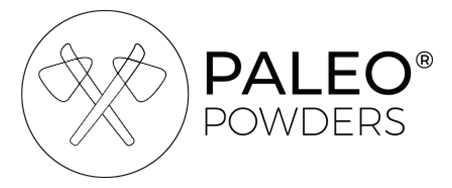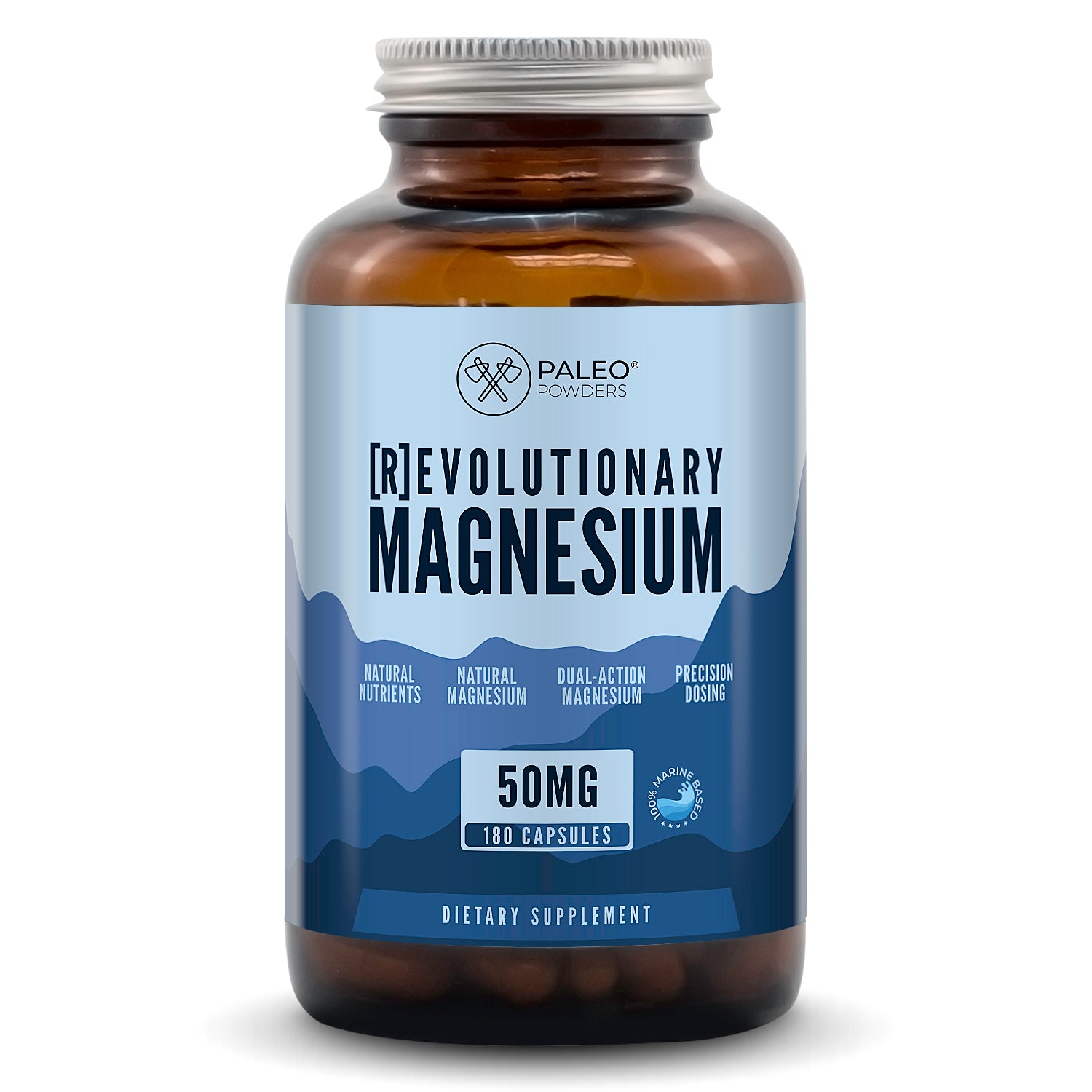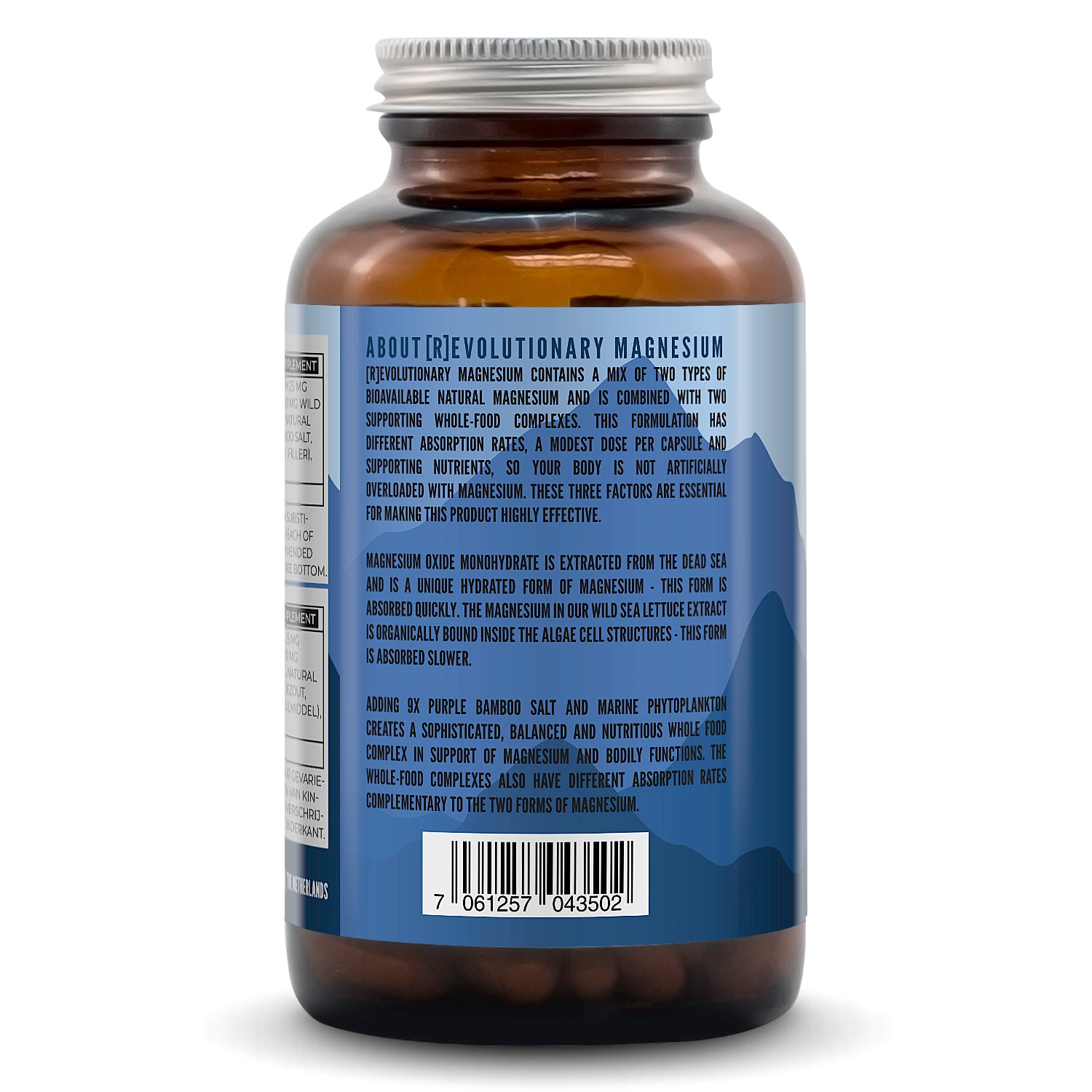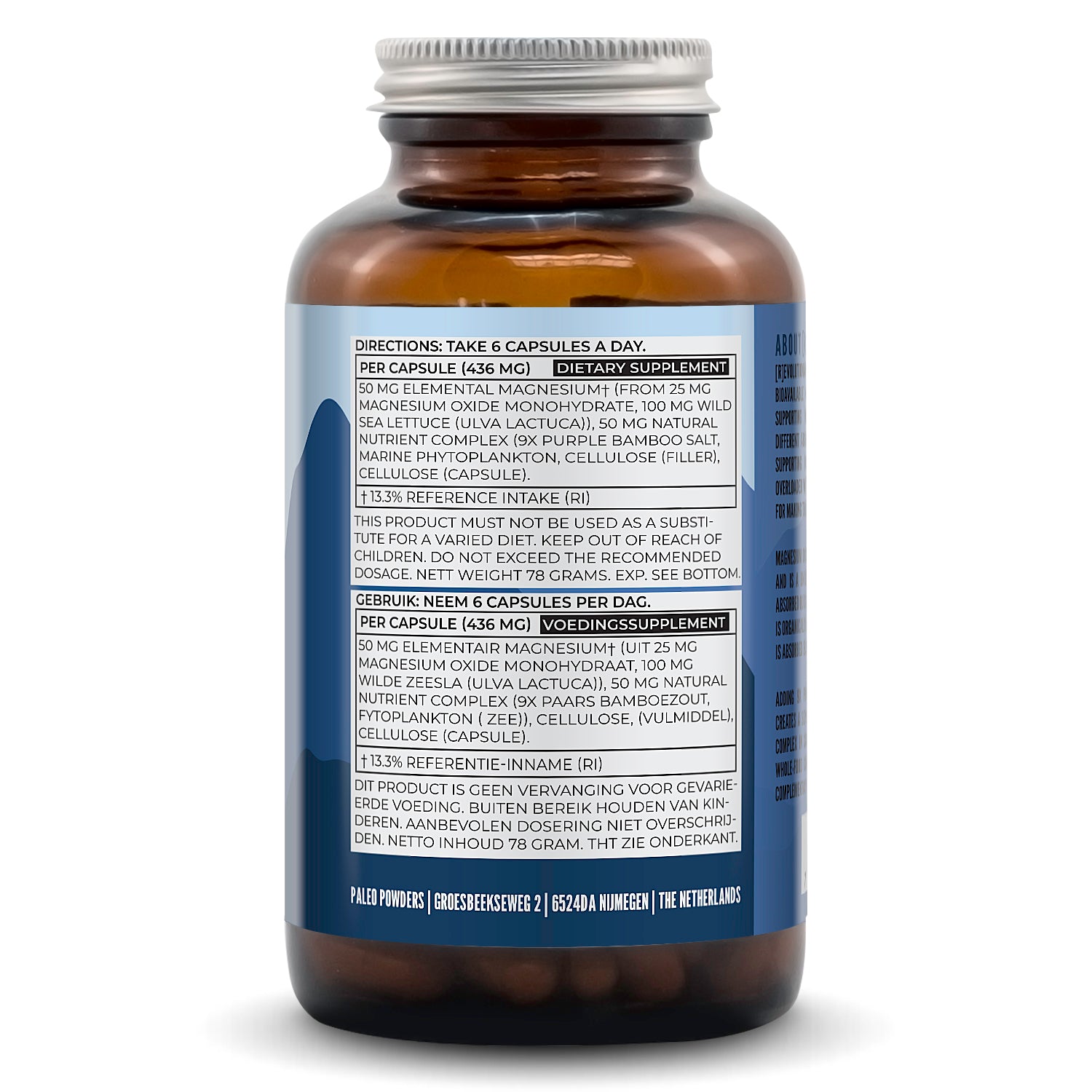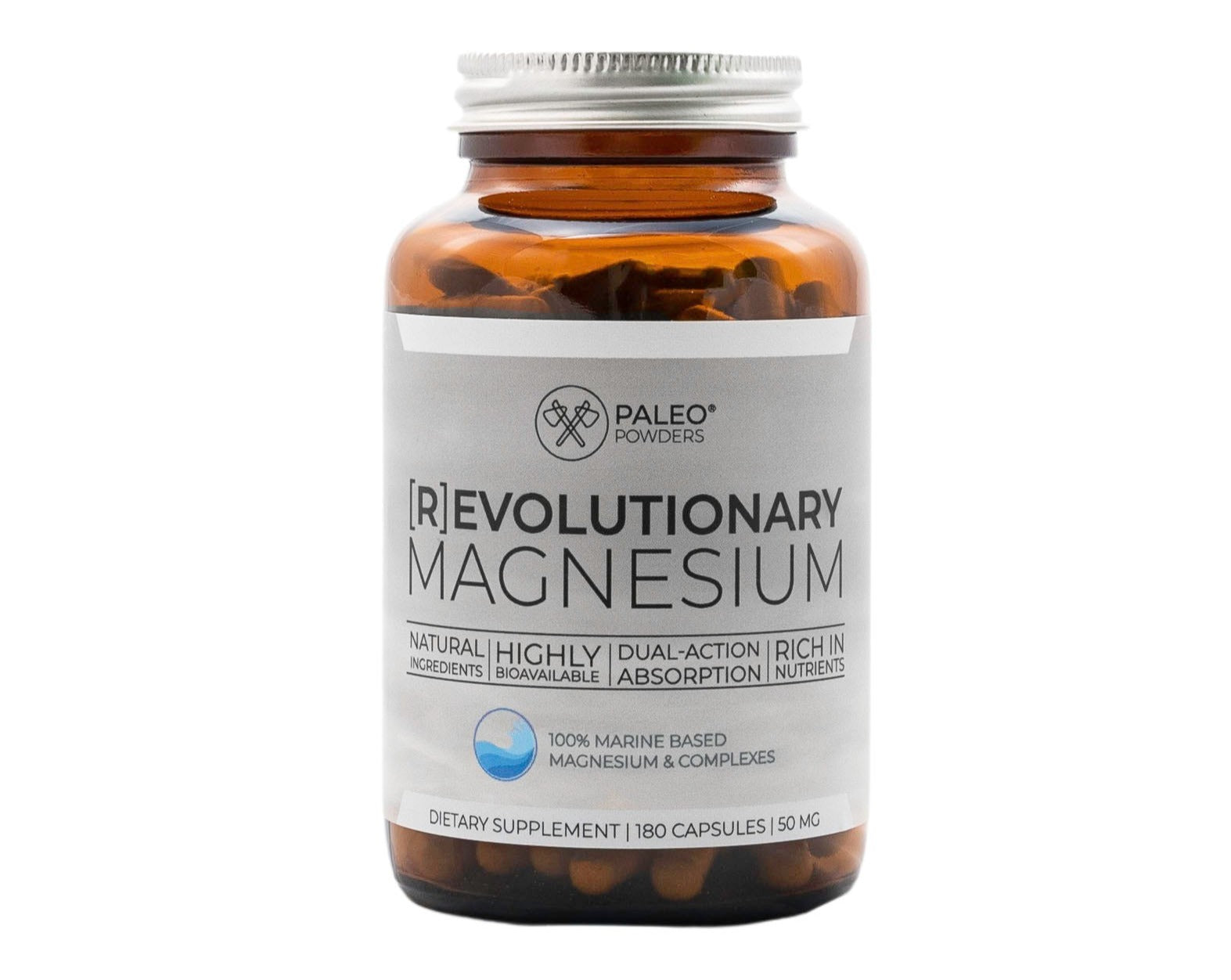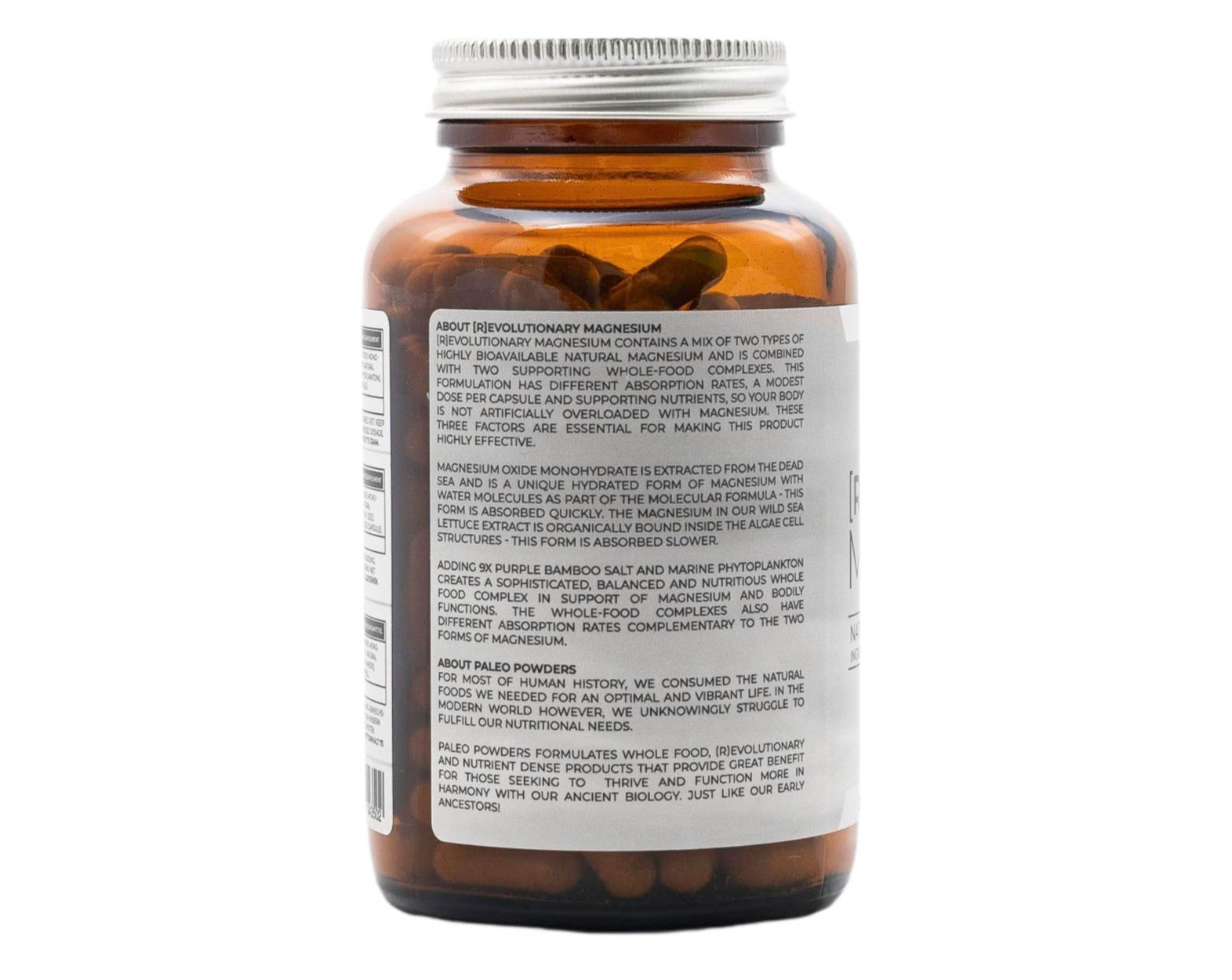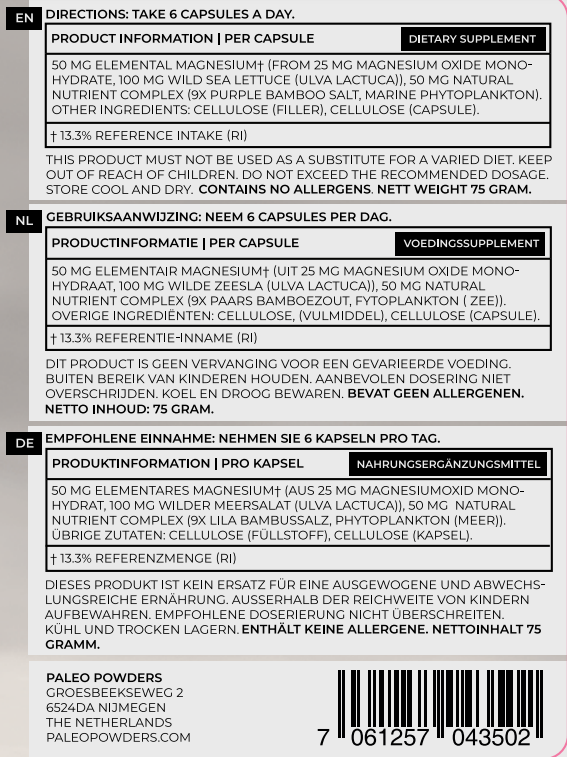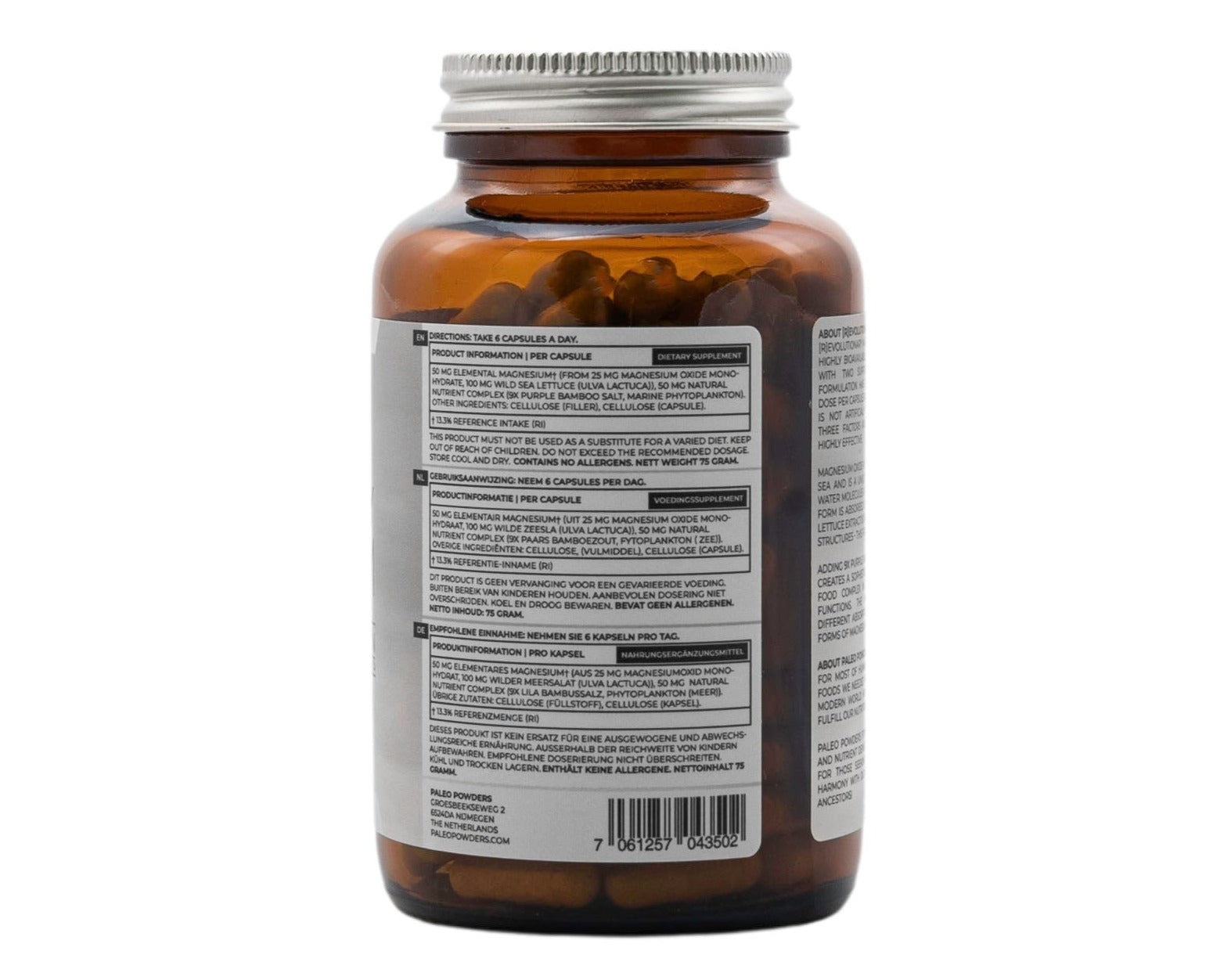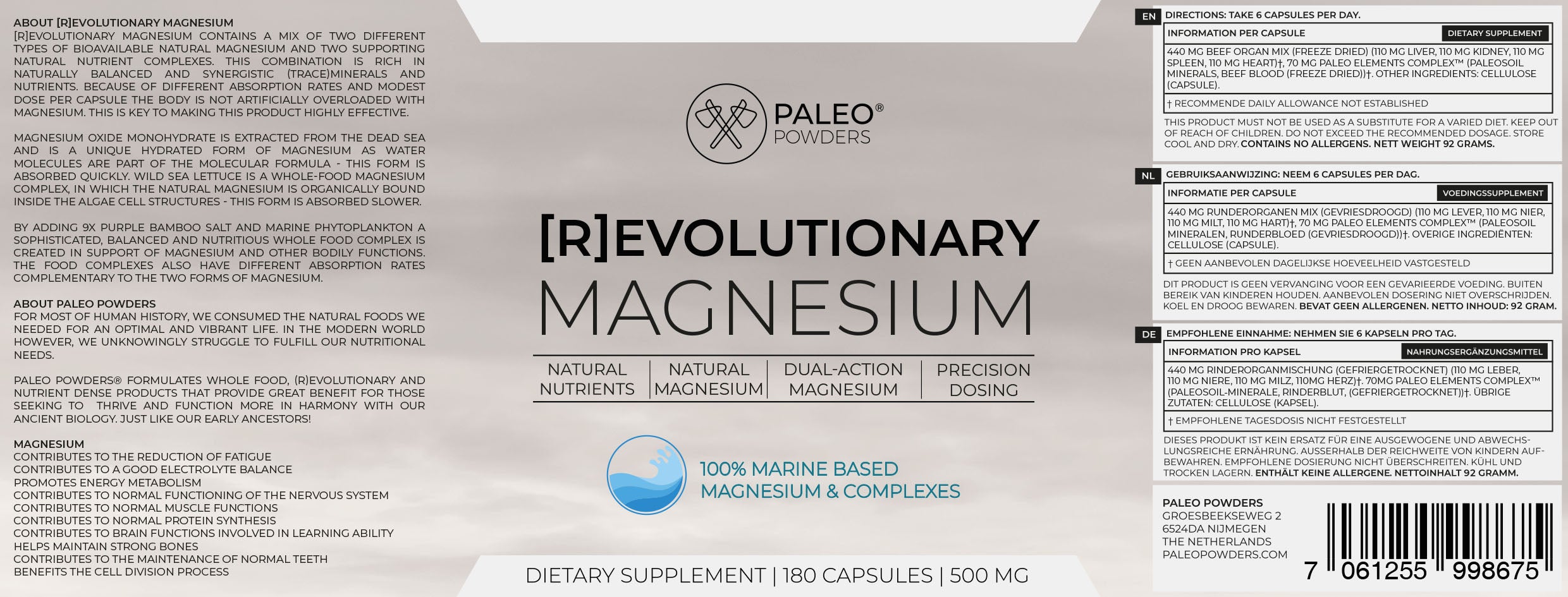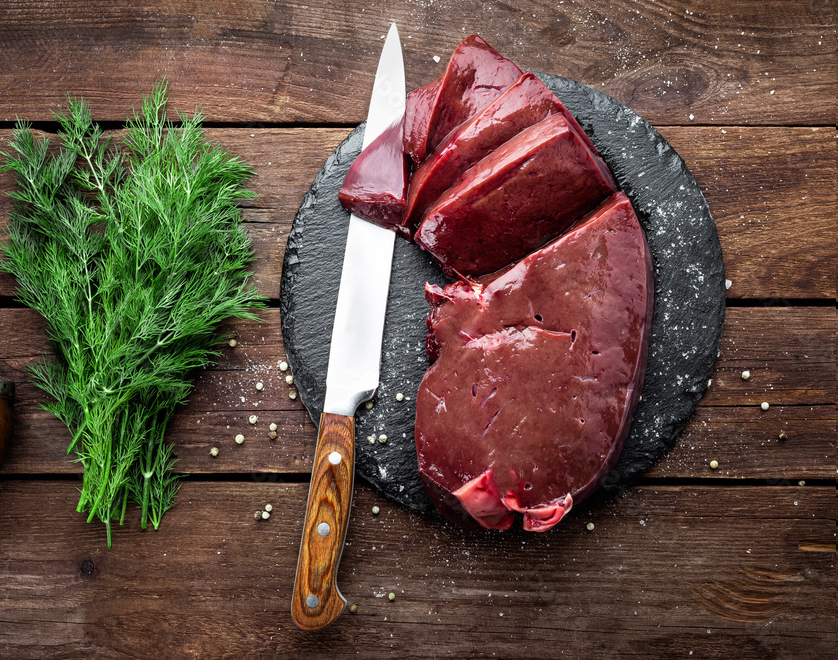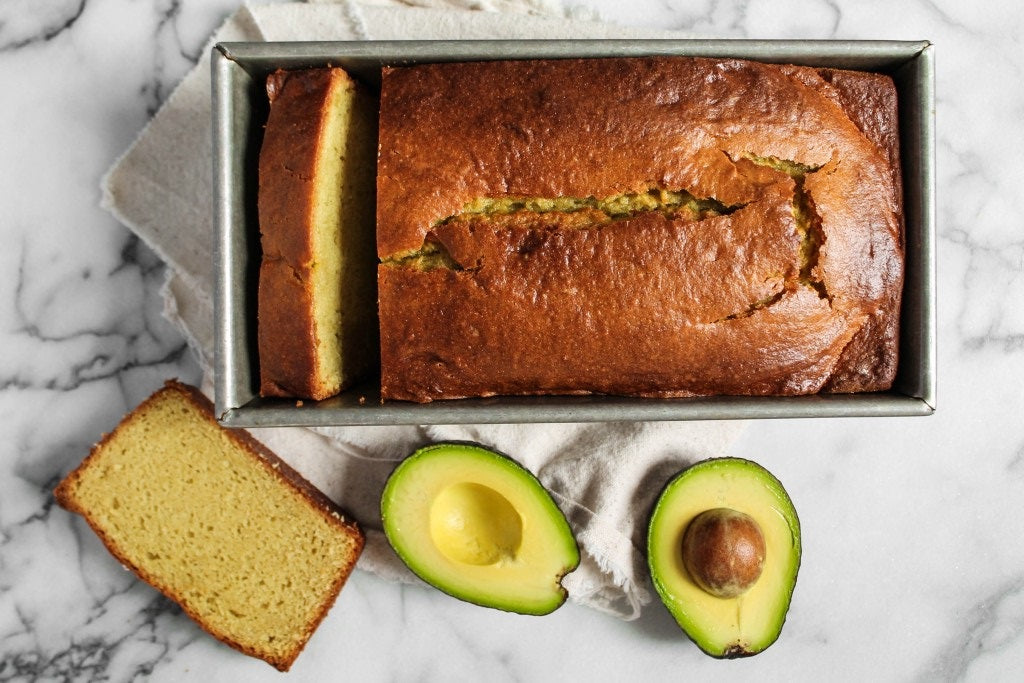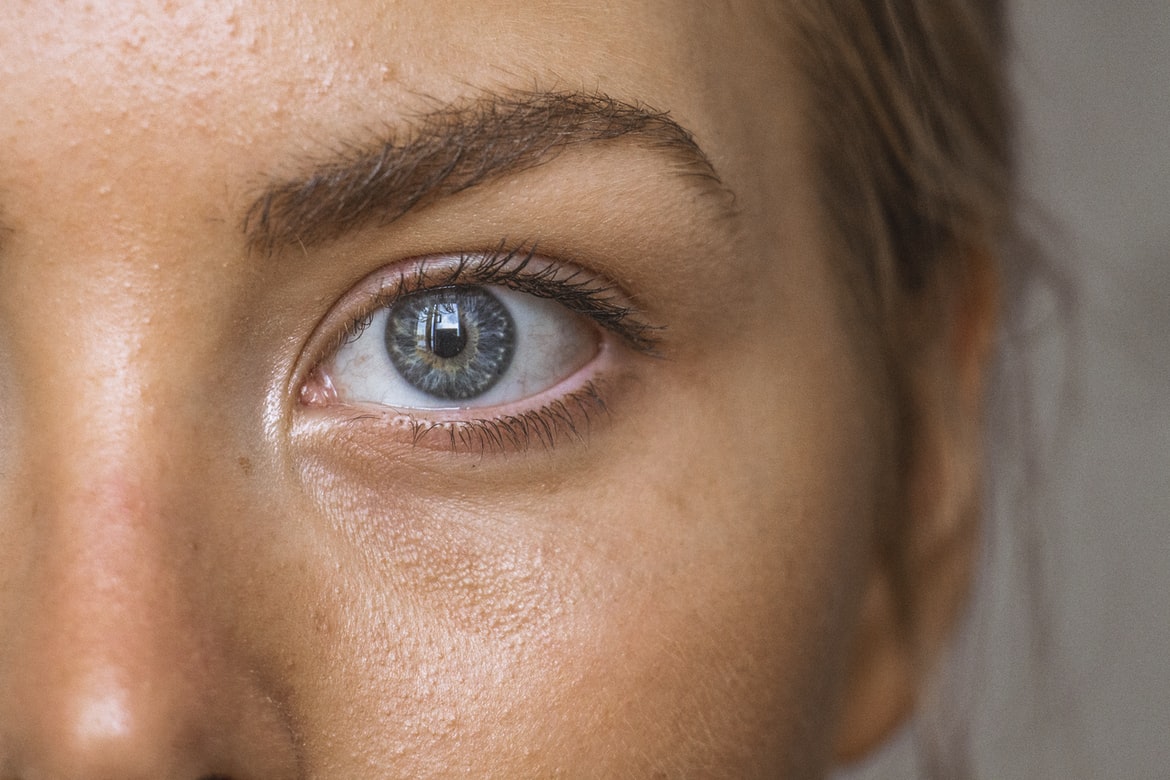
Collagen and lifestyle factors
No matter how old you are, chances are the main way others perceive your age is through your body's largest organ: your skin!
You don't have to leave the extent of the natural signs of aging entirely to fate. Lifestyle factors also have a lot of influence, more than you might think.
Stress and food choices also influence how our genes express themselves and that also means that we have considerable control over them. In this case we will delve a little deeper into collagen.
But why is collagen so important when it comes to skin appearance and supporting skin health? Collagen is actually the most abundant protein in the human body. Seventy percent of the skin, hair and nails and almost 100 percent of the connective tissue consists of collagen. It literally holds our bodies together, from the hair on your head to every inch of your skin. It even affects overall gut health, including gut integrity and bowel function. But here's the crux.
As we age, our body's natural production of collagen slows down. If you are over 30 years old, you probably no longer produce as much collagen as you used to. Lower collagen levels in the body can directly affect the skin, hair, nails, joints and intestines.
General collagen statistics women
- Women can lose about 1 to 2 percent of their body's collagen each year
- This usually starts around the age of 35, this percentage increases as one approaches or passes the age of 40
- By the time a woman is 40 years old, she will likely have lost 10 to 20 percent of her total collagen
- A woman in her 50s may have significantly less collagen than she did in her teens
- Collagen production in an 80-year-old is up to 75 percent less than in someone aged 30 or younger
But it is not just the natural aging process that slowly depletes our collagen... there are other lifestyle factors that have a major influence on the functioning of collagen such as;
- Bad sleep
- Excessive sugar consumption
- Excessive sun exposure
- Diet low in antioxidants
- Increased need for vitamin C and zinc
- Too many free radicals
Fortunately, natural collagen boosters also exist.
- Bone Broth or bone broth
- Adaptogenic herbs, including Ashwagandha and Ginseng
- Vitamin C rich foods
- Sulfur-rich foods, including garlic, onions and egg yolks
- Antioxidant-rich herbs, spices and foods, including turmeric, rosemary and green tea
If you want to quickly and effectively maintain your collagen in the body, you can consider taking collagen from wild cod or grass-fed cattle. Taking collagen supplements is in principle suitable for everyone and can be a very valuable addition for many people!
